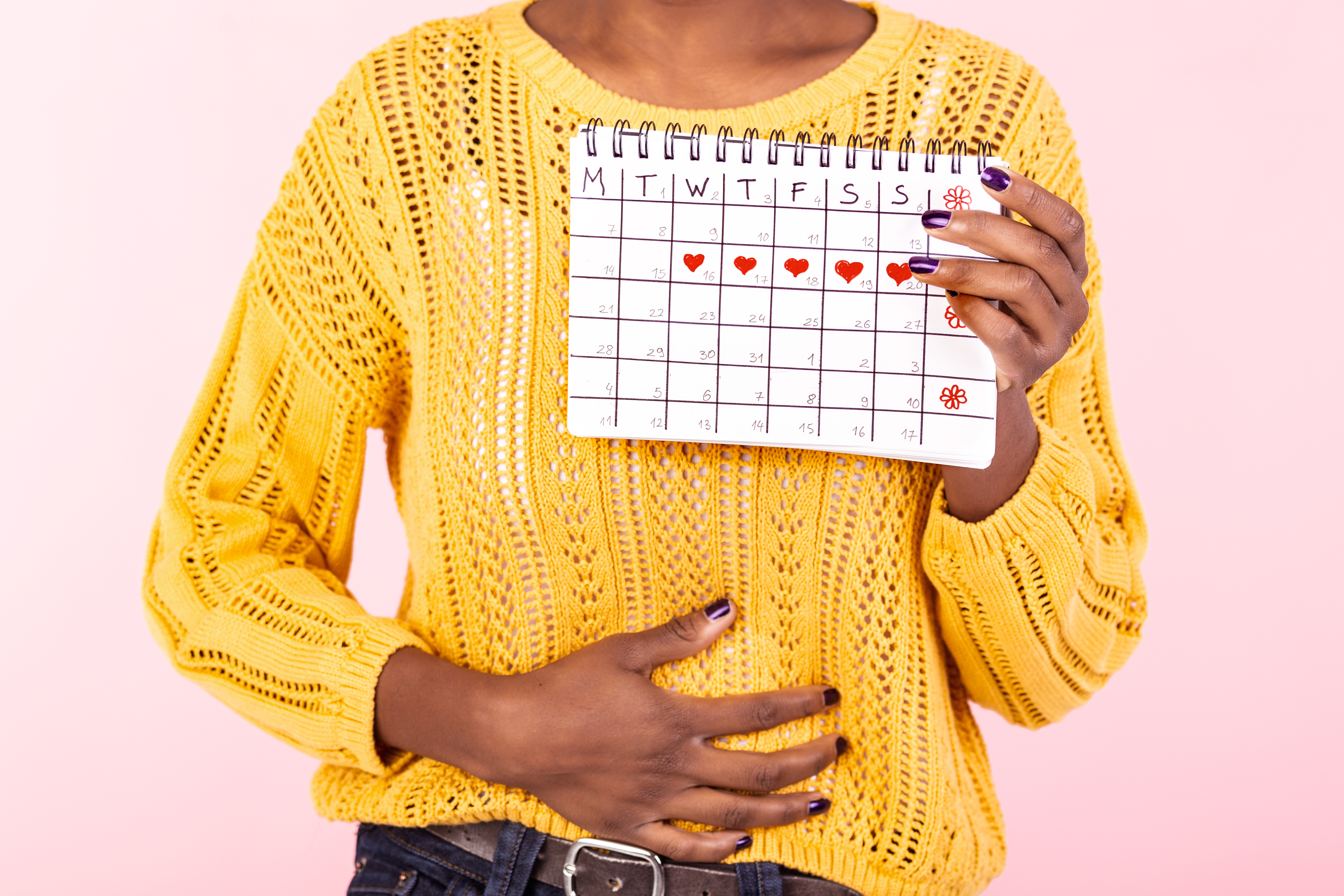Periods have been a topic shrouded in mystery, misunderstanding, and myths for centuries. From old wives’ tales passed down through generations to outdated scientific beliefs, menstruation often comes with a host of misconceptions. The truth, however, is simple and grounded in science. In this article, we will explore and debunk some of the most common myths around periods, while backing up the facts with solid research and statistics.
Myth 1: Women shouldn’t exercise on their period
There’s an age-old belief that exercising during your period is dangerous or bad for your health. Some people even suggest it could worsen cramps. In reality, moderate exercise can be beneficial. A 2019 study published in the Journal of Women’s Health found that women who exercised during their period experienced fewer cramps and felt better overall than those who did not. In fact, exercise helps release endorphins, which are the body’s natural painkillers. So, while it might seem tempting to skip your workout, keeping active can actually help alleviate menstrual discomfort.
Myth 2: Periods should last exactly seven days
This myth assumes that every woman’s menstrual cycle should fit a textbook-perfect schedule. The reality, however, is that period length varies widely. A normal period can last anywhere between two and seven days. Factors like age, stress, and overall health can influence cycle length, so don’t panic if yours doesn’t fit the seven-day mold.
Myth 3: You can’t get pregnant during your period
One of the most widespread myths is the belief that pregnancy is impossible during menstruation. While the chances of conceiving are lower, they are not zero. Sperm can survive in the female reproductive tract for up to five days, and if ovulation occurs shortly after the period, fertilization could still happen. It is important to use contraception even during menstruation if you’re looking to avoid pregnancy.
Myth 4: Women lose a lot of blood during their period
For many, periods may seem like a heavy and excessive loss of blood, but the actual amount is much less than most people think. On average, a woman loses between 30 to 40 milliliters of blood during her period, which is roughly 2 to 3 tablespoons. While it may feel more significant, the body is well-equipped to handle this loss without issue.
Myth 5: Menstrual blood is dirty or impure
This is one of the oldest and most damaging myths. Menstrual blood is often stigmatized as dirty or toxic, which has led to harmful taboos and discrimination against menstruating women. Scientifically, menstrual blood is just normal blood mixed with tissues from the uterine lining, and it is not harmful. In fact, in some cultures, this myth has led to the isolation of menstruating women, preventing them from participating in daily activities. This stigma is completely unfounded and needs to be debunked for good.
Myth 6: Using tampons can take away your virginity
This myth stems from the belief that inserting anything into the vagina can “break” the hymen, and by extension, “lose virginity.” First, virginity is a social concept, not a medical one. Secondly, using tampons does not “break” the hymen; it can stretch or tear due to physical activity, not just tampon use. Additionally, not all women have the same hymen structure, and the state of the hymen has no bearing on virginity. Tampons are safe to use for any menstruating person, regardless of sexual activity.
Myth 7: Women are overly emotional during their periods
The stereotype of the “moody, irrational woman on her period” is not only false but also harmful. While it’s true that hormonal fluctuations during menstruation can affect mood, the assumption that women are incapable of rational thought during their periods is absurd. The emotional shifts some women experience are linked to premenstrual syndrome (PMS), but these changes vary widely among individuals and are not as drastic or universal as this myth suggests.
Myth 8: Menstruation is a women-only issue
While menstruation directly affects those who menstruate, it’s an issue that impacts society as a whole. From menstrual hygiene products to workplace policies, there are broad societal implications. Ignoring or stigmatizing menstruation leads to discrimination and gender inequality. Men can be supportive allies by understanding periods and helping to create environments where menstruation is treated as a normal part of life, not something shameful.


